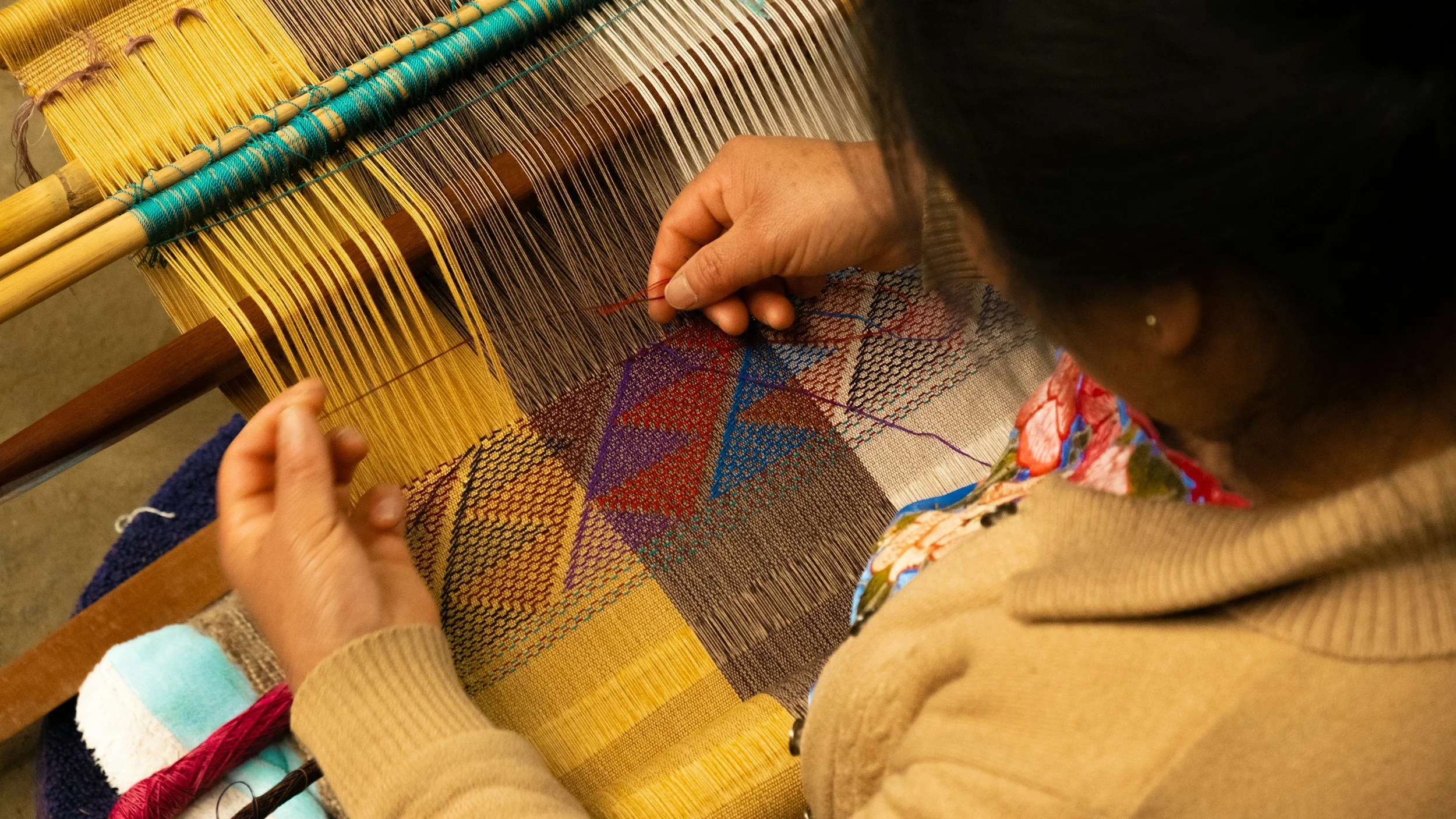Process Groups: A Path to Connection
We live in a time of paradox. We’re more connected than ever, yet so many of our interactions feel hollow. We scroll past hundreds of faces, exchange pleasantries, and keep conversations safely on the surface. Meanwhile something in us longs to go deeper. To be seen without pretense. To speak from the center of our truth. To feel not only acquainted, but connected.
That longing isn’t yours alone—it’s archetypal. It lives in the body, in dreams, and in ancient mythologies for centuries. Humans are wired for intimacy, for community, for the kind of contact that awakens us at the soul level.
This is the terrain of therapy process groups. Such groups offer a unique space where relational honesty grows while respecting boundaries.
What Are Process Groups?
Structured, facilitated spaces where people gather to practice authentic connection and emotional transparency. When rooted in Gestalt therapy, somatic awareness, and depth-oriented frameworks, these groups offer something many of us didn’t know we needed. The opportunity to safely practice being fully human, in real time, in relationship with others.
You show up. You slow down. You notice what’s happening in your body. You speak from experience rather than analysis. You practice telling the truth. You learn to go deeper than the polished, rehearsed version of the truth. You get to practice sharing the living, breathing, sometimes awkward truth that lives just beneath the surface.
Communicating the Hard Stuff
Many of us weren’t taught how to share negative emotions in a way that builds connection rather than breaks it. We either suppress what we’re feeling out of fear, or we explode when the pressure gets too high. Both approaches lead to disconnection.
Process Groups teach a third way. One rooted in awareness, responsibility, and emotional literacy. We might be used to communicating our feelings with this kind of language: "You made me feel invisible.” A Process Group teaches the effectiveness of a slight change. “When I shared and didn’t receive a response, I felt a wave of shame and withdrawal. It reminded me of when I was ignored as a child.”
This kind of communication invites empathy, not defensiveness. It brings emotion into the relational field in a way that honors both the personal and the archetypal. Shame, rage, grief—these are not just personal struggles. They’re universal experiences that connect us across time and culture.
Somatic Intelligence and the Language of the Body
Our bodies hold stories we don’t always have words for. In somatic-integrated process work, we learn to tune in to these subtle cues. The fluttering of the chest. The tightness in the gut. The warmth in the hands. All are real-time signals of what’s happening inside and help us understand our emotions.
These sensations often carry symbolic meaning. A weight in the throat might not just be anxiety. It might be the silenced voice of a younger self, or an ancestral pattern of suppression. We begin to ask, with curiosity, What is this sensation trying to express?
This is where Gestalt and depth work beautifully intersect. We give voice to the body, allow it to become a character in the unfolding story. “If my tight jaw could speak right now, it would say, ‘I’m not allowed to be angry.’” And then we work with that—not just intellectually, but through expression, role-play, movement, and reflection. And we work with it in relationship to other members of the group.
Boundaries as Sacred Structure
Boundaries are not barriers—they’re the architecture of authenticity. In a group setting, learning to sense and communicate your “yes” and “no” is a spiritual practice. It’s a reclamation of agency.
For many women especially, boundary work is deeply tied to healing intergenerational and societal patterns of over-giving, caretaking, and self-erasure. Saying “no” without justification. Saying “I’m not ready to share.” Saying “This doesn’t feel right in my body.” These are acts of both psychological empowerment and spiritual alignment.
Boundaries protect the sacred. And honoring them allows depth work to unfold in a way that feels safe, attuned, and genuinely relational.
Dreamwork and the Unconscious in Community
There’s something magical about bringing dreams into a relational space. In a well-held group, dreamwork becomes more than individual analysis—it becomes collective witnessing. One person’s dream of drowning might resonate with another’s fear of overwhelm. Someone’s recurring image of a black wolf might stir a forgotten memory in another group member.
Dreams are not just private phenomena—they are portals. They invite us into a symbolic landscape where the psyche communicates in image and emotion. When explored in community, they can spark archetypal insight, shared healing, and a sense of something larger moving through us.
Spirituality, Soul, and the Bigger Picture
For many, process groups become more than a place for emotional processing—they become a kind of spiritual container. Not in a religious sense, but in the way they invite us into presence, truth, and reverence for the unknown.
The group becomes an oracle of sorts. What emerges is often unexpected, sometimes uncomfortable, but always revealing. There’s an aliveness, a sense that something is unfolding that’s bigger than any one individual. Whether you call it soul, Self, or psyche, there is a sacred intelligence at play.
From Connection to Communion
True intimacy—whether with ourselves, others, or the mystery of the unconscious—is not a destination. It’s a practice. A willingness to show up, slow down, and feel what’s real.
At Rezak Therapy our process groups integrate Gestalt awareness, somatic intelligence, and the rich terrain of depth psychology—dreams, archetypes, symbolism, and soul. They become more than therapeutic spaces. They become modern-day temples of healing, truth, and transformation.
In these circles, we don’t just learn to communicate better. We remember who we are beneath the layers of conditioning. We reweave our fragmented parts. We begin to trust that our deepest longings—for love, for expression, for spiritual contact—are not weaknesses, but sacred guides.
Because when we are truly seen, not just for our persona, but for our essence, we don’t just feel more connected—we come alive.
Want to explore whether a process group is right for you? Curious how this type of group could support your personal healing, relationships, or spiritual path? Let’s talk.
Explore Your Relationship Issues In Group Therapy in Pasadena, CA
Take the first step toward relational healing by learning about a process group in Pasadena, CA, a group therapy approach designed to help you connect and heal in community with others. Through vulnerability and tuning into the present moment with a group therapist at Rezak Therapy, you'll uncover the path to relational freedom. Don't let the past control your future. Follow these three simple steps to begin to heal relationally:
Schedule a free 15-minute consultation to see if Group Therapy is right for you.
Begin meeting with a skilled group therapist.
Start learning about and practicing authentic communication in a safe container.
Other Services Offered at Rezak Therapy in Pasadena, CA
At Rezak Therapy, we're here to help you align with your most authentic self. In addition to working in groups, Individual Therapy approaches include talk therapy and depth therapy. We also offer services for deep trauma processing, couples desiring a deeper connection in their relationships, and The Artists Way Workshop which is a 12-week adventure of artistic discovery and personal exploration. Our services are available both in-person in Pasadena and online for clients in Los Angeles and throughout California. For more on Group Therapy and our other services check out our blog.





